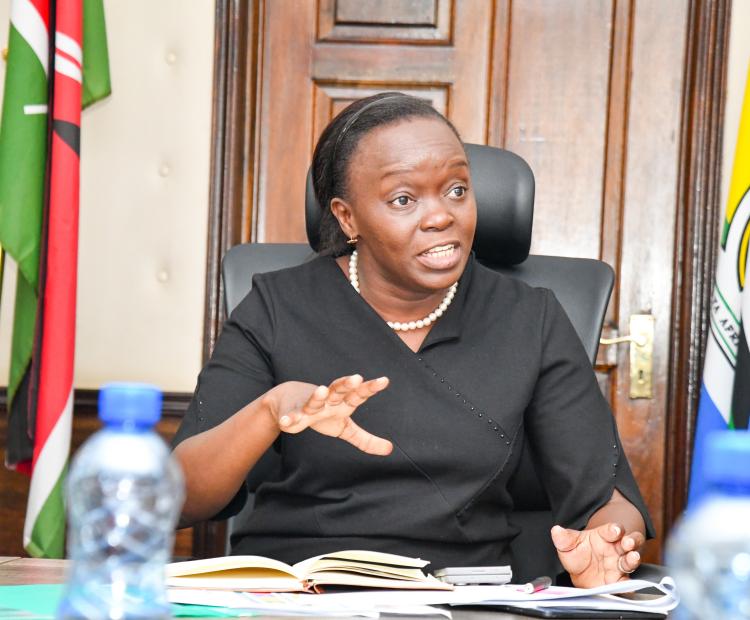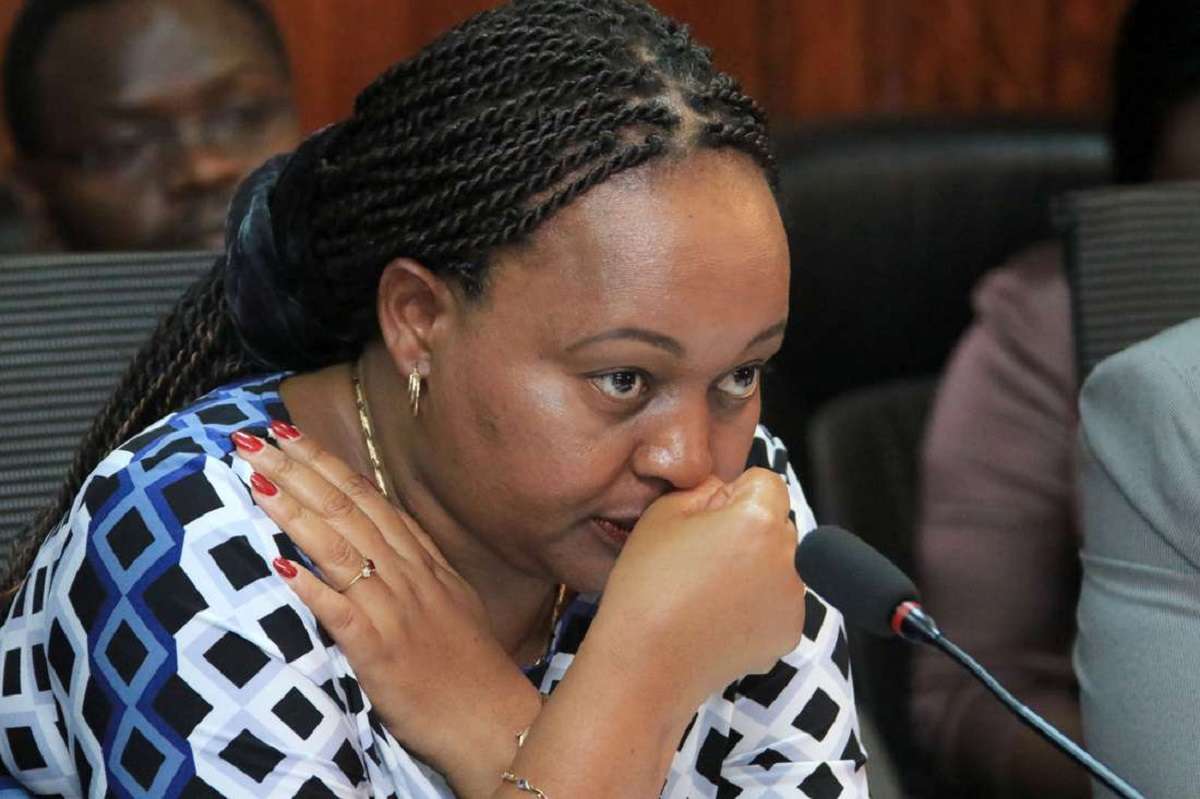Members of Parliament have raised concerns about the Ministry of Health’s procurement process for the Integrated Healthcare Information Technology System, a crucial element of the Universal Health Care initiative, citing a lack of adequate public engagement. Lawmakers criticized the government’s decision to single-source a costly ICT system, highlighting significant cost discrepancies.
MPs pointed out that while the National Hospital Insurance Fund (NHIF) needed only Ksh 700 million to upgrade its ICT infrastructure, the government is seeking Ksh 104 billion for a new system. Bumula MP Jack Wamboka Wanami led the critique, questioning the justification for such a high expenditure. “NHIF only required Ksh 700 million for their platform upgrade, yet we’re discussing Ksh 104 billion. This system was single-sourced at an exorbitant price. We cannot allow this to continue,” he stated.
Wamboka also expressed alarm over foreign involvement in key national infrastructure, urging a reconsideration of entrusting essential services to a single foreign entity. “We must listen to Kenyans. We cannot allow crucial infrastructure like our airports and healthcare system to be controlled by one foreign entity, as this could lead to failure,” he cautioned.
He urged his colleagues to safeguard the nation’s interests, criticizing the ministry for awarding the Ksh 104 billion ICT contract through single sourcing. “We cannot allow this kind of corruption to persist,” he declared. Seme MP Dr James Nyikal, during a committee session with Cabinet Secretary Dr Deborah Baraza and Principal Secretary Dr Harry Kimtai, expressed dissatisfaction with the lack of outreach to other institutions that could provide the ICT system at a lower cost. “It’s unclear how Safaricom PLC became the sole candidate for this proposal. Why weren’t other companies considered?” he questioned.
Nyikal highlighted concerns about the due diligence process regarding consortium partners, particularly Apiro, led by Safaricom. “We received insufficient information about Apeiro. The Ministry has not provided adequate details on the due diligence carried out on this partnership. We remain uncertain about how this money will be managed,” he added, calling for increased transparency.
Funyula MP Dr Wilberforce Oundo voiced strong objections to what he sees as corrupt practices surrounding the Sh104 billion allocation, suggesting that the funds are benefiting government insiders. He urged fellow lawmakers to act responsibly, emphasizing the need to consider the impact on ordinary Kenyans. “This is a blatant rip-off. We cannot afford to steal from Kenyans to this extent,” Oundo lamented.
Kitutu Chache South MP Anthony Kibagendi criticized the lack of public participation in developing the Integrated Healthcare Information Technology System. “We asked the ministry for evidence of public participation and received nothing. There has been no engagement anywhere in the country,” he said. Kibagendi called for a thorough review of the system’s costs and implementation, particularly given that sophisticated systems in Kenya have been developed for less than Sh10 billion.
Nyeri Town MP Duncan Maina Mathenge questioned the decision to award the contract to Apeiro Limited, a company with no prior experience in similar projects. “Why are we trusting them with such an important system?” he asked, noting that existing systems like those of KRA and Safaricom were created at a fraction of the current project’s cost.
Suba South MP Caroli Omondi criticized Safaricom for what he described as a pattern of securing non-transparent contracts, such as one for surveillance in Nairobi, without following proper tendering processes. “The Sh104 billion allocated for this project could establish a significant insurance company to provide healthcare to Kenyans, but that’s not what is happening here,” he remarked.





